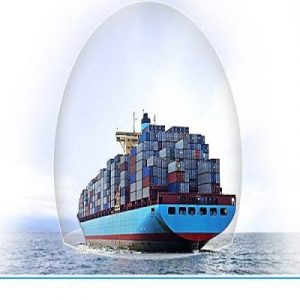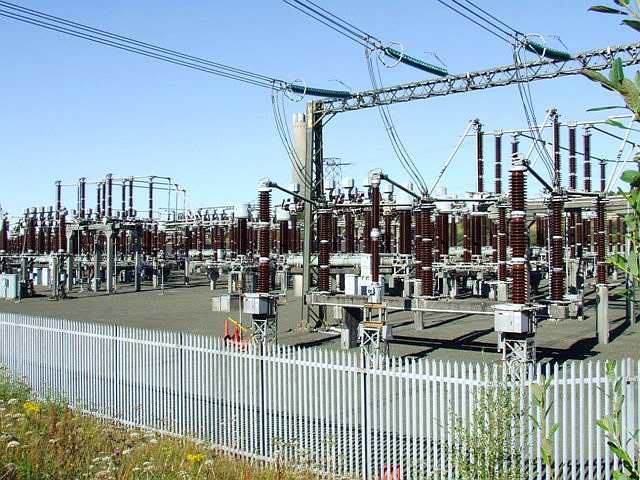Lagos, Jan. 5, 2024: Capt. Tajudeen Alao, the President, Nigerian Association of Master Mariners (NAMM), says that positive reports are being expected in the industry this year.
Alao said on Friday in Lagos that the year 2023 ended with many introductions, which, if implemented, would yield positive reports in 2024.
According to the master mariner, the creation of the Ministry of Marine and Blue Economy is the greatest news that happened to the industry.
He said that the master mariners wanted to see in terms of milestones and verifiable measurements, the implementation of the Key Performance Indicators given to the minister by the government.
Alao noted that, recently, the Nigeria maritime domain was extended by an additional 20 nautical miles making it 220 nautical miles.
“The economic gain from this addition is so fantastic. There is hope that we can get up to 350 nautical miles, because our submission was 150 nautical miles extra.
“With the maritime domain extension at sea, if the country probes further and puts money into research, the economic benefits there will be fantastic in terms of hydrocarbon, crude oil, marine diversity which is what will be covered by the blue economy ministry.
“Also, our tuna and other fishes which are poached due to illegal, unreported and unregulated fishing can now be monitored.
“We have the Navy Falcon Eye, the Nigerian Maritime Administration and Safety Agency (NIMASA) security architecture known as the C4i, the Nigerian Ports Authority (NPA) Ci3 to do the monitoring.
“The Suppression of Privacy and other Maritime Offences (SPOMO) Act is also meant to monitor,” the master mariner said.
He noted that the year 2023 ended on a positive note, saying that the syndicate behind the E-callup for trucks for the Nigerian Ports Authority (NPA) had been broken.
Alao said that with the activities of the syndicate dismantled, Apapa had been cleared and was no longer rowdy.
“We thank God that the year 2023 ended on a positive note. The issue of security improved, and there were less attacks by pirates at the Gulf of Guinea,” he said.
Alao noted that the data for captured fish in the last two years had been on the increase, from 500,000 metric tons two years ago to 800,000 metric tons of fish captured on the Nigerian coast.
According to him, this is because the Nigerian Institute of Marine and Research (NIOMR) is in charge of things now.
He urged for more active participation by industry stakeholders in order to reduce capital flight in the industry.
The master mariner said that the negative impact capital flight had on the country was enormous, hence the need to curb it.
“When you put your money where your mouth is, when investment is retained at home, the multiplier effect is enormous because the society we operate is like a communal welfare.
“People that are blessed, bless others. We should have permanent investment here, not where foreigners invest and with half of their investment, do business in Nigeria and carry the money away.
“What do we gain? Where is the knowledge transfer, where is the investment in our local economy? We don’t protect our local industry, yet we want government to inject money into the system.
“The Cabotage Vessel Financing Fund will have to be disbursed,” Alao said.
The NAMM president said that the fund had been lingering for long and should be disbursed, adding that government should make sure that the portmanteau shipping companies do not come in to benefit from it.
In disbursing the CVFF, he urged government to engage maritime surveyors, who are knowledgeable about ships to ensure that valueless ships are not brought into the country.
“This will ensure the lifespan of the ship is extended.
“When one is using a ship, the laws says that operationally, it must be monitored, surveyed, inspected and maintained throughout its lifespan, otherwise the ship’s lifespan will be short and it will be another loss to the industry and government.
“Aside from the CVFF, there must be money from the bank of industry to put into shipping because it is capital-intensive. These monies will be used to build capacity of the youths,” he said.
On the floating dock of NIMASA, Alao pointed out that this was a wrong venture for government to embark on.
He said that the dock was designed for a particular place but unfortunately, government made the mistake of taking it to a wrong place.
“This is a national asset and we have it. However, there are procedures with procurement before we can make use of it, and I believe that the present government has gone towards that phase.
“The dock will be deployed in the right place and if its position is changed it will be modified to contain the dock.
“We are losing money due to it being idle. A ship is like a baby that should be nurtured; when it is idle, it is consuming maintenance, running cost but it’s still our asset and we need to maintain it,” he said.













